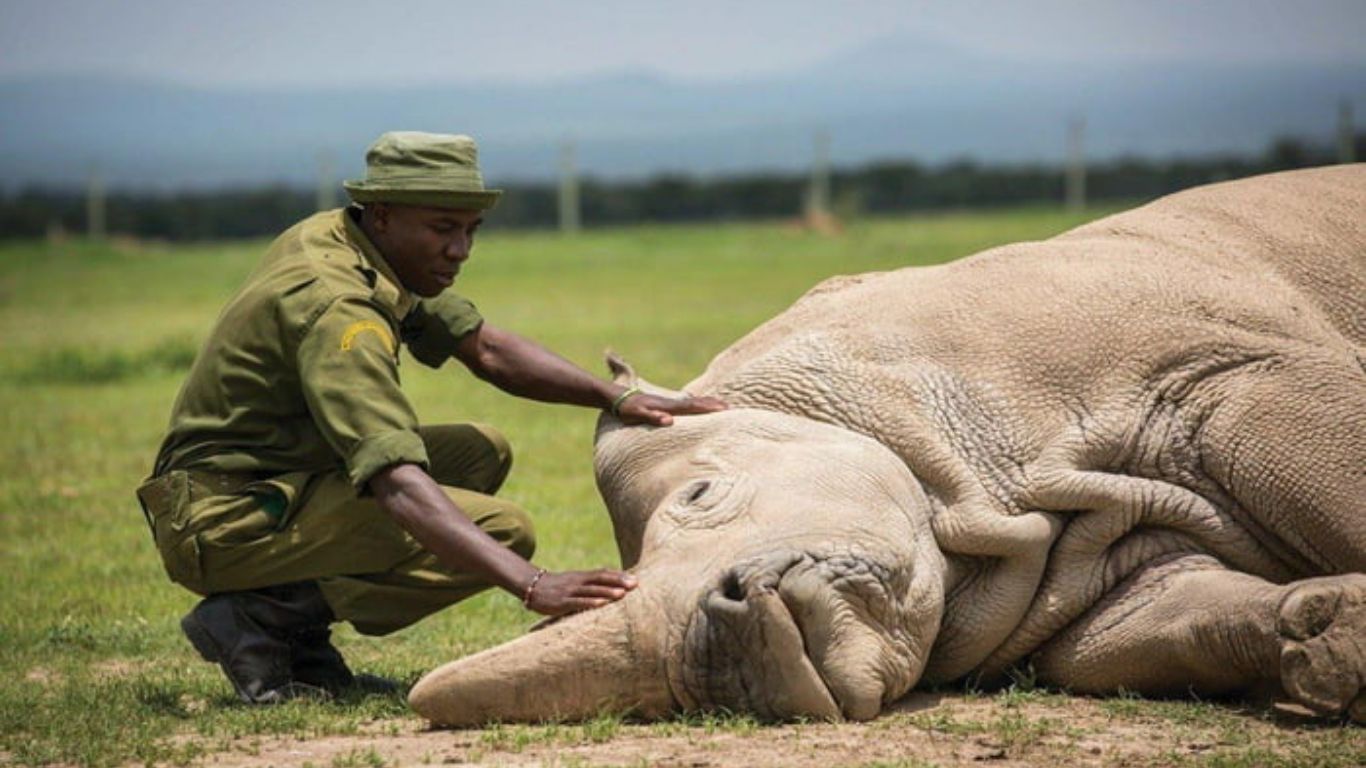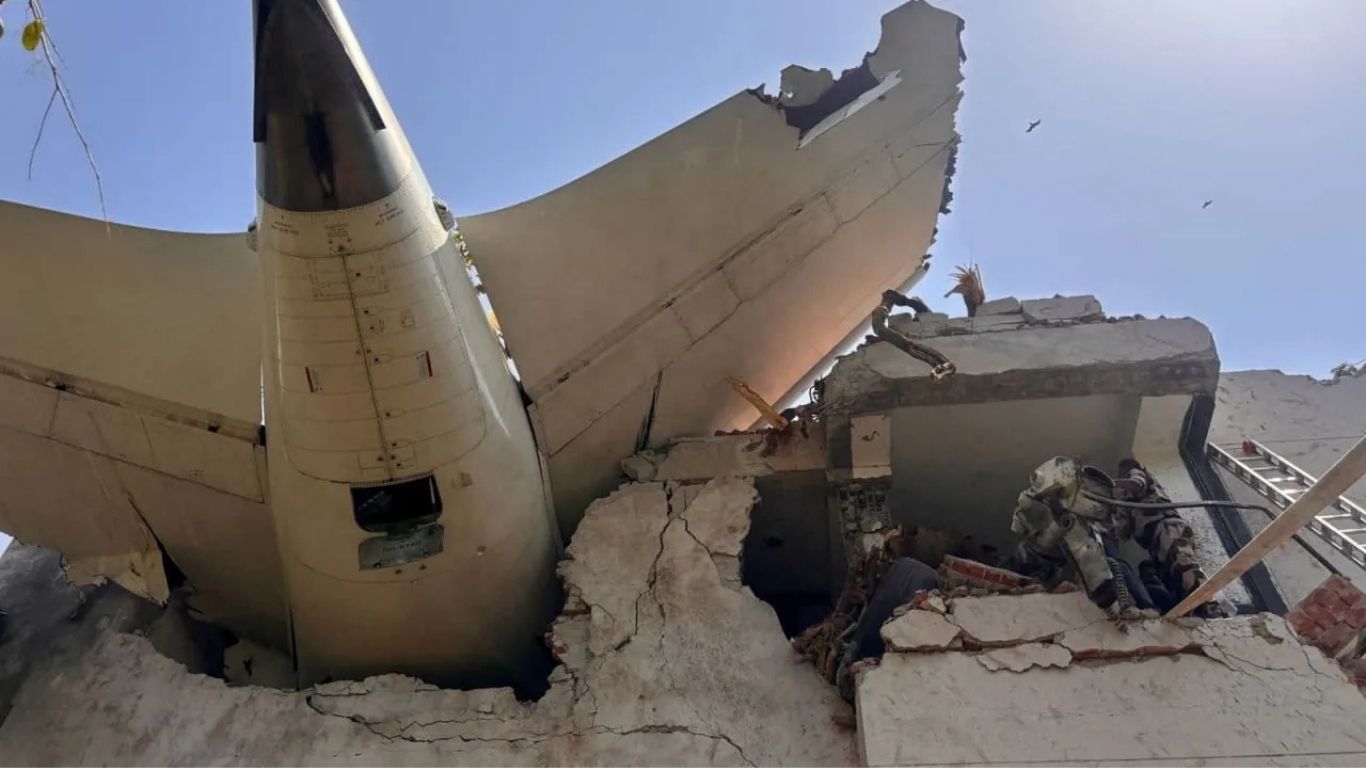A Peso for a Mosquito: Desperation or Innovation?
In a move that has left the internet both amused and bewildered, authorities in Barangay Addition Hills, a densely packed urban district in the Philippines, have declared war on mosquitoes—offering cold, hard cash for their capture. One peso per five mosquitoes, dead or alive.
Sound ridiculous? Maybe. But with dengue cases soaring and two children recently losing their lives to the disease, the local government isn’t in the mood for mockery.
“We have to act,” said Carlito Cernal, the village chief, as criticism poured in. “If you have a better idea, we’re all ears. Until then, we’re catching mosquitoes.”
From Internet Jokes to Grim Reality
As expected, the bounty announcement triggered a flood of sarcastic takes online. “Mosquito farming will be the next big industry,” one user quipped. Another wondered, “Do they pay for mosquitoes with only one wing?”
It’s easy to joke when you’re not the one burying a child lost to dengue. But for the nearly 70,000 residents crammed into Barangay Addition Hills, dengue isn’t just a headline—it’s a daily threat. In just the past few weeks, 44 new cases have been reported in this tiny, overcrowded community.
Across the Philippines, the situation is no better. By February 1, national health officials had recorded a staggering 28,234 cases—a 40% jump from last year.
A Drop in the Bucket or a Lifeline?
Cernal insists the mosquito bounty isn’t meant to replace traditional anti-dengue measures but to complement them. Authorities continue clearing out stagnant water, fumigating mosquito-prone areas, and urging residents to wear protective clothing and use repellent. But in a place where space is a luxury, preventing mosquito breeding grounds isn’t so simple.
“We don’t have backyards or gardens to clean,” one local resident pointed out. “The whole neighborhood is a breeding ground.”
So far, 21 people have taken the offer, bringing in around 700 mosquitoes and larvae. Not exactly a dent in the mosquito population, but a start.
The Government’s Response: Praise, but No Endorsement
The Philippine Department of Health (DOH) took a neutral stance on the initiative. “We appreciate the good intentions,” a DOH spokesperson told the BBC, but stopped short of endorsing the scheme, urging local officials to stick to “evidence-based practices.”
The underlying message? Good luck catching mosquitoes one peso at a time.
The Bigger Picture: A System That Fails the Poor
At its core, this story isn’t about mosquitoes. It’s about a country where some communities are so desperate they’re willing to turn bug-catching into a side hustle.
Dengue isn’t new, nor is the lack of preparedness. Every year, health officials sound the alarm. Every year, people die. And every year, poor communities are left to fend for themselves.
So yes, paying people to hunt mosquitoes sounds absurd. But you know what’s more absurd? Expecting different results while doing the same thing over and over again.
What’s Next?
The bounty will run for at least a month, and if it works, maybe longer. The ridicule will continue. So will the dengue cases. And unless something changes on a national scale, the people of Barangay Addition Hills will keep doing what they can with what little they have.
As for the rest of us, we might want to spend less time laughing at them and more time asking why it’s come to this in the first place.




